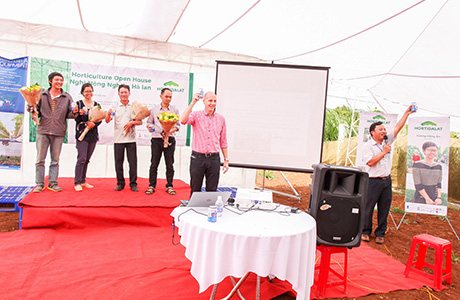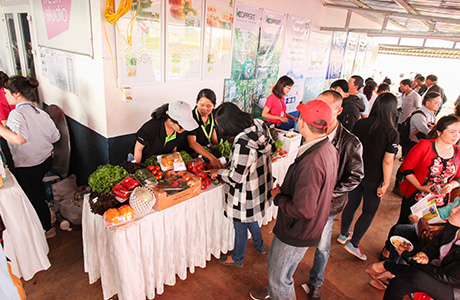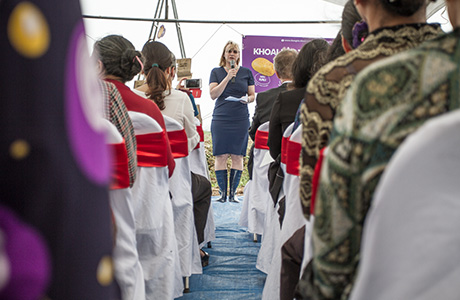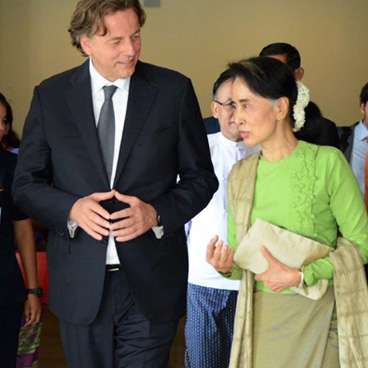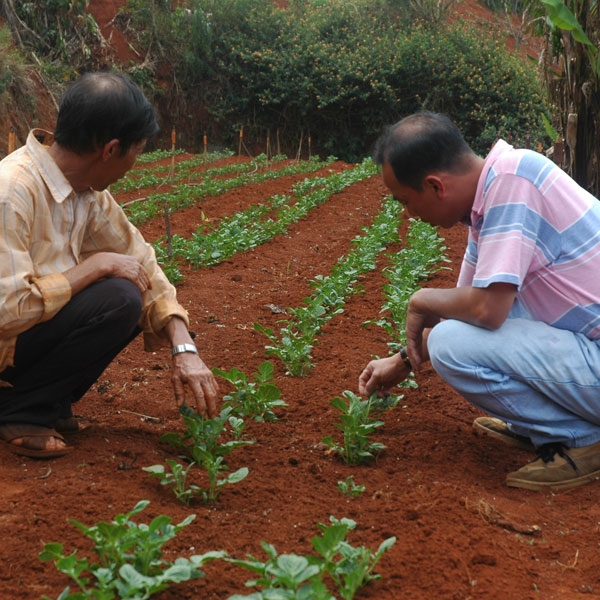The Transition Facility (TF) project “Accelerating the development of modern greenhouse vegetable production in Vietnam”, supported by the Dutch Ministry of Foreign affairs started in 2014 in Lam Dong province. This project is coming to a close. To highlight the innovations introduced and celebrate the achievements a Dutch Horticulture Open House was organized at the R&D farm of Fresh Studio in Dalat.
The first ever Dutch Horticulture Open House was a huge success with over 300 attending farmers. Greenhouse technologies used within the project were exposed and demonstrated to farmers and project partners during the event. The Open House provided ample opportunities for networking and discussions. Also, the six pilot farmers, whom invested in imported greenhouses, were put into the spotlight.
The following results clearly show that this project contributed to the accelerated development of modern greenhouse production in Vietnam and has created a foundation to further introduce Dutch greenhouse technologies in Vietnam:
- > 720 farmers trained in modern greenhouse production
- 6 Modern greenhouse established with 6 pilot farmers
- 4 vegetable brands created
- 3 Training manuals developed
- Successful commercial introduction of various new inputs
- Next disbursement of loans of 300,000 EUR to invest in modern greenhouse production in preparation
These results would not have been achieved without the contribution and support of all the project partners. We are grateful for this cooperation and look forward to see you all during the next Horticulture Open House at our R&D farm in 2018.
Photo impression of Dutch Horticulture Open House
This development is a result of the collaboration with project:
Accelerating a modern greenhouse vegetable production sector
Modern greenhouse vegetable production can provide an innovative solution to meet the fast growing demand for high quality, safe and sustainable produced vegetables, which are year round available …

